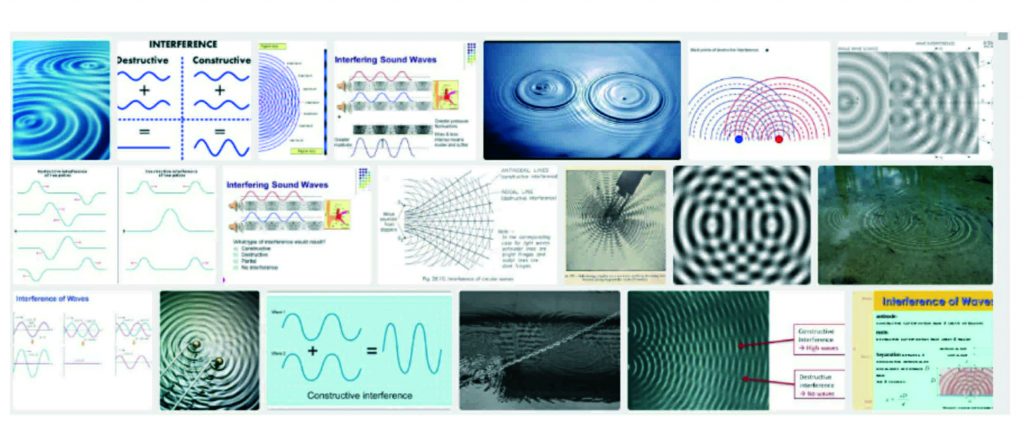Of all the new winds of doctrine to engulf the churches in the last two hundred years, Christian Zionism has to be one of the most grievous. And perhaps its most remarkable feature is that it is in obvious contradiction with the Gospel. Since this is clearly not obvious to many, a little repetition of basic facts is in order here.
First, Christianity is based on the actions and teachings of Jesus Christ as written in the New Testament. At the heart of Christianity is the Once-for-All substitutionary sacrifice of Jesus on the Cross; the final sacrifice that makes it possible for all men to be Saved, with no further punishment. One might even say that this concept, known as the Gospel, is not merely the heart of Christianity, but actually is Christianity.
Second, Christ’s sacrifice replaced the Old Covenant sacrificial system documented in the Old Testament. This system relied on the ongoing blood sacrifices of animals in the Jerusalem Temple to expiate sin. Most Jews of the first century did not accept the New Testament teachings about Jesus, and continued with the Temple sacrifices for forty years after the Crucifixion; until Jerusalem was destroyed and the Jews scattered in 70 AD.
It should be clear from the above points that the Christian Zionist desire to rebuild the Temple and restore animal sacrifices is completely antithetical to the once-for-all Sacrifice of Jesus. One may support one or the other, but not both. If Christ’s Sacrifice was what the New Testament says it is, then animal sacrifice is not merely redundant, but blasphemous. And if animal sacrifice is still necessary, then the teaching of an effective, substitutionary Sacrifice of Christ is wrong.
This is not saying that people cannot choose either one or the other. We have free will and we all make our choices. But plain logic does not allow someone to choose both. To support animal sacrifice is to reject the cross. It is hard to conceive of a more serious error for a Christian to make.
For those who prefer a more Biblical treatment of this subject, we recommend the video below. It was made by Steven Anderson who we do not support due to several statements made by him with which we do not agree. This video, however, deals very well with the subject from a Biblical viewpoint and is well worth the time needed to view it. You could skip the second part where he lectures on genealogies and DNA; the argument presented there is secondary, though probably also sound. The video is called “Marching to Zion”. Click HERE to watch (1 hour 48 minutes for whole video, 1 hour 10 minutes for the main part.)
There is also the far from inconsequential matter of the violence, suffering and death resulting from Zionist migration to Palestine. There are those who claim that Jewish immigrants to the area found an empty desert, and Palestinians only arrived subsequently from their native areas to make trouble. This story is patently absurd, since the Mediterranean and the Middle East are the cradles of Western Civilisation, and have been permanently occupied for thousands of years. The creation of a new state or colony almost inevitably results in violence between the new arrivals and the original inhabitants. In this case it has certainly caused, and still causes, huge bouts of violence and suffering. For a Christian endeavouring to propagate love for enemies and peace, support for any of the coercion or violence that takes place in this situation is simply not possible.
(Parenthetically, for atheists there is a variation on the Christian Zionist attempt to philosophically both have their cake and eat it; they will often point to the historical, Biblical claim that Jews have to the Holy Land, while simultaneously denouncing the Bible as mere fables.)
The Christian Zionist error links with another rather common one of putting too much emphasis on the Old Testament. Clearly the Old Testament has much to teach us, but for a Christian the New Testament is paramount, and the Old must always be viewed through the framework of the New. Expressed in poor but pithy poetry we might say:
If you wish to put more emphasis
On the Old Testament than the New,
Don’t call yourself a Christian,
Call yourself a Jew.
A further matter which really should not need discussion, at least by Christians, is the likelihood of the Temple being rebuilt. The Bible makes clear in 2 Thessalonians that the Temple will be rebuilt, and the “Man of Sin” will set himself up there as God, before Jesus returns. And all the things that have happened in the last hundred years or so, and continue to happen today in the Middle East, are moving toward that conclusion. Whatever any individual Christian does or does not do today, the Third Temple will be built. The only issue for Christians is whether they are able to witness to the Cross and show Love for all men, completely free of any false doctrine that compromises and undermines their words and actions.
See also Evangelical Really Means Zionist?


